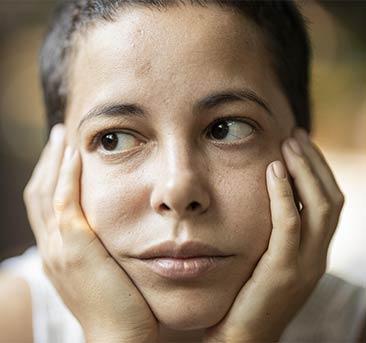Treatment Specializations
Treatment Modalities
- Eye Movement Desensitization and Reprocessing Therapy (EMDR)
- Internal Family Systems (IFS)
- Brainspotting
- Psychodynamic Psychotherapy
- Attachment-Based Therapy
- Polyvagal Theory
- Inference-based Cognitive-Behavioral Therapy (I-CBT)
Reach out for your
free consultation today.
free consultation today.



